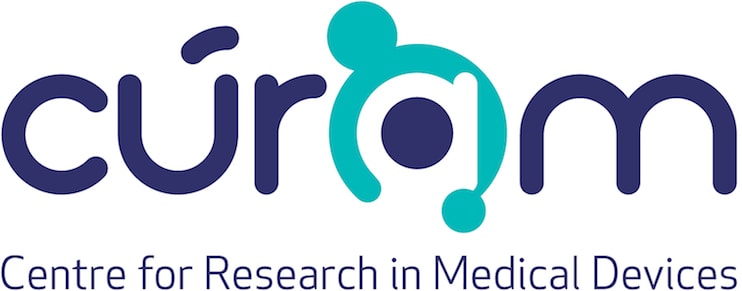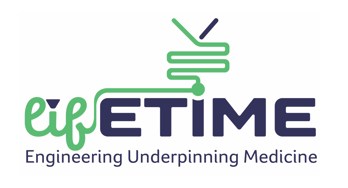The TRAIL to a new era in cancer therapies: welcome to the age of immunotherapy
By LifETIME CDT Student: Aoibhin Sheedy (NUI Galway) Immunotherapy is a promising approach for breakthrough therapies in the treatment of ovarian cancer, but there needs to be a robust investigation into suitable targets and delivery methods to solidify its true value for patients and clinicians. Ovarian cancer is the fourth leading cause of death due …








